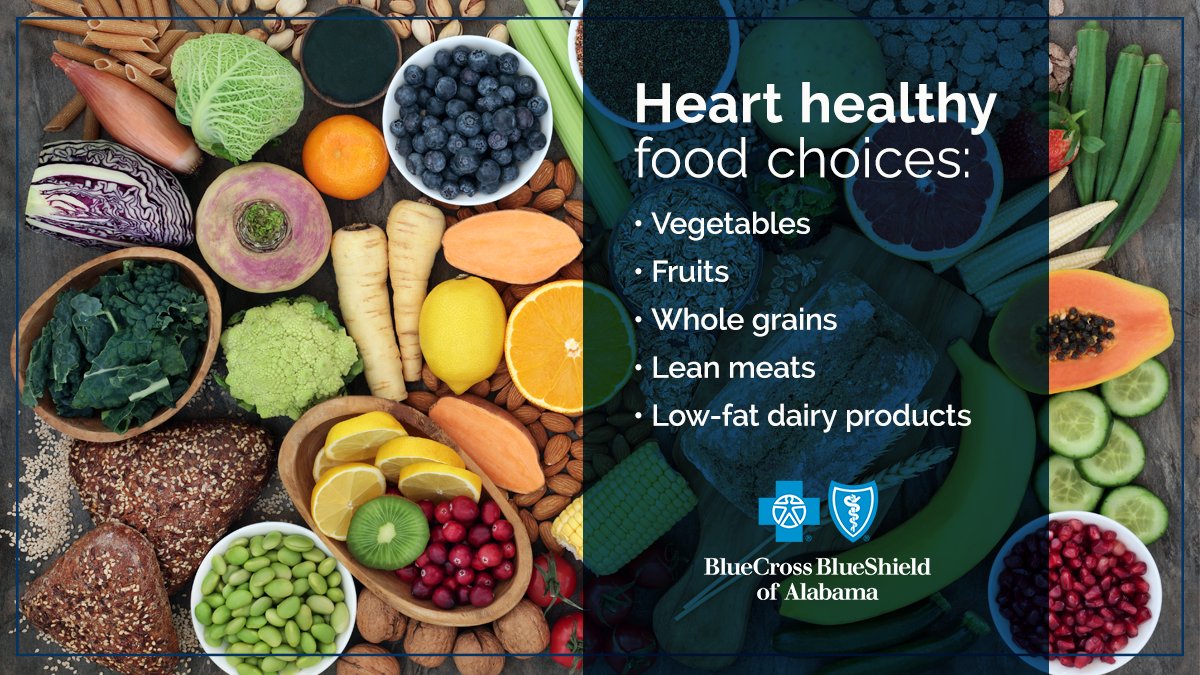
Teenagers tend to be busy. Teenagers place more emphasis on dating and socializing, than on basic self-care such as nutrition and exercise. These are crucial for their mental, physical, and spiritual health. Listed below are some healthy living tips for teenagers that will help them achieve these goals. Also, be sure to provide your teen with plenty of rest and time to spend with friends. Healthy living tips to teens will help them feel happy and prevent them developing unhealthy habits.
Limit screen time at no more than two hours per day
Parents are often encouraged to limit the time that their teenagers spend in front of screens. This decision should be made taking into account many factors. It is important to take into account age and activity levels, as well as whether screen time is limiting children's academic and social development. In 2016, American Academy of Pediatrics revised its guidelines for screen time. The American Academy of Pediatrics recommends that children and teens limit their screen time to no more than 2 hours per day.
Actively maintain a social network
The importance of keeping a close eye on your teen's social networks should be part of your daily parenting routine. Monitoring your teen on social media is a must. Make sure that you are the first friend they add. This will allow you to build a rapport with your teen as well as learn about any potential dangers that they might be experiencing. Teenagers shouldn't post personal information on social networks, especially if it concerns their personal data.

Get enough sleep
Teens often feel like they don't get enough sleep. Teenagers need more sleep as their bodies grow rapidly. They also need to unwind. Here are some ways to ensure your teenager is getting eight hours of sleep each night. To minimize the impact of schedule changes, teens should get up around the same time every day. However, if you are unable to get your teenager to wake up on time, you may want to give them some time on the weekend.
Consume fresh foods
Teenagers should have at least 3 meals per day. Avoid diet foods that require cutting out entire food groups. Fad diets may not provide adequate nutrition. Your teen could be lacking in vitamins or minerals. Model a healthy lifestyle to keep your teen on track. Keep your teen healthy by eating lots of vegetables and fruits and limiting sugary drinks. Avoid snacking in the late hours and make fresh fruit or vegetables your mainstay.
Stay hydrated
Keeping hydrated is essential for your child's health and well-being, and a good habit to teach them at an early age. Water is good for your child's overall health and well-being. It also keeps them awake and alert. Drinking cool drinks like water or sports drinks is refreshing, especially when it's hot. Make sure to keep them hydrated by making water easily available and offering frequent breaks.

FAQ
What does a psychologist say about mental health?
Psychologists believe that mental health is an essential part of human development. Psychologists also believe that mental wellness is not just about having mental illness free of all causes, but about being mentally healthy.
There are many opinions among psychologists regarding mental health. Some psychologists argue that mental well-being is not important, as there are many people without mental illnesses. Other psychologists think that mental health is essential because without it, we can't function properly.
Why is it so important to improve our emotional health?
Your emotional health is vital for your happiness and well being. Your ability to perform at your highest level is dependent on how emotionally healthy you are. Depression can make it difficult for people to perform at their best. You may also feel anxiety, panic attacks, insomnia and other symptoms. These conditions can often be successfully treated with medication and therapy.
How can you improve your mental or emotional health?
-
Exercise - It improves brain function and raises energy levels.
-
Sleep - A good way to reduce anxiety and stress is to get enough sleep.
-
Nutrition – Healthy foods like fruits and vegetables can help you stay strong and energized.
-
Meditation - Regular meditation reduces stress and anxiety.
-
Socialization - Spending time in the company of friends and family keeps us happy.
What are some examples?
Any condition that causes severe distress or impairment in functioning is considered a mental disorder. Examples of mental disorders include depression, anxiety, bipolar disorder, schizophrenia, borderline personality disorder, obsessive-compulsive disorder, post-traumatic stress disorder, eating disorders, substance abuse, and others.
Statistics
- Appropriate nutrition and exercise are likely among the most efficacious and cost-effective positive mental health interventions. (ncbi.nlm.nih.gov)
- It means no drinking any alcoholic beverages and no taking any drugs that aren't 100% natural.
- Similarly, while there is some agreement about the boundaries of typical mental disorders 2, there is likely less agreement about those for positive mental health. (ncbi.nlm.nih.gov)
- It does have some influence, but not nearly as much as we might think, so focusing less on attaining wealth will likely make you happier (Aknin, Norton, & Dunn, 2009); (positivepsychology.com)
- Similarly, for positive mental health, there is likely to be substantial agreement about some typical components (e.g., resilience to stress) 6, and controversy about more atypical components (e.g., career consolidation). (ncbi.nlm.nih.gov)
External Links
How To
How to find out if you should seek the help of a mental health specialist
There are some indicators that will alert you to the possibility of professional assistance. It is best to see a doctor if you spot any warning signs.
-
You feel like your control is being lost.
-
You have been experiencing trouble sleeping.
-
When you try to focus, your thoughts race.
-
You start to think about suicide.
-
It is difficult to believe in your own ability to make it through.
-
You feel that life is not worth living.
-
You're losing interest in the things that you once loved.
-
You have stopped eating.
-
You are now withdrawn.
-
You're using drugs and alcohol to deal with stress.
-
You have begun to lose friends or family members.
-
You have experienced other physical symptoms such as headaches, stomachaches, backaches, chest pains, etc.
In conclusion, if you notice any of these signs, then it is crucial for you to see a doctor right away.